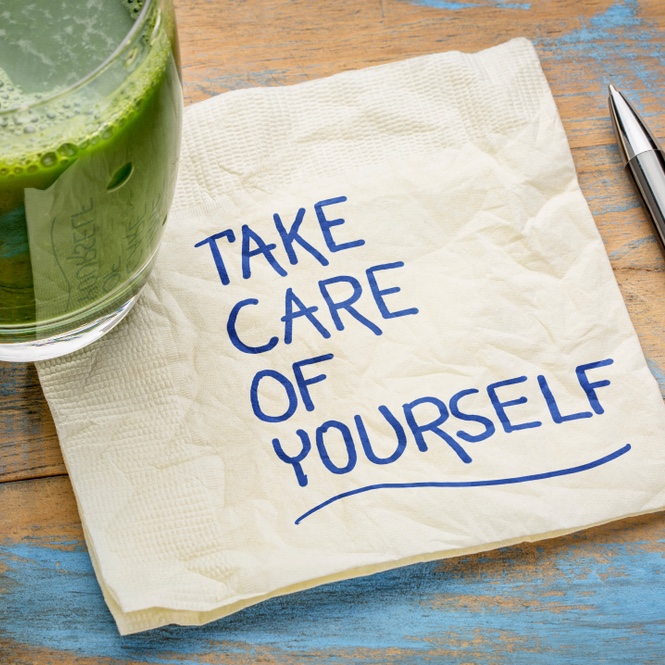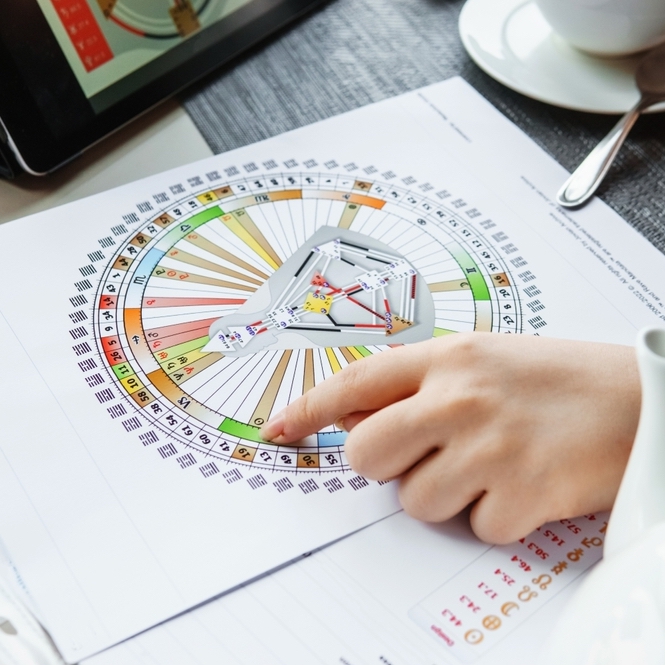Share this article…

Burnout is not exclusive to super powerful high-level bankers and CEOs. It can happen to any of us. Here’s how to spot the warning signs before they take over.
Stress Awareness Day (Nov 2) is a reminder to all of us that caring for our mental health is a priority. Being super busy all the time is not a badge of honour – sometimes life happens that way but if it does it is important to take time to re-charge your batteries.
Burnout is one of those words that’s all too easily thrown around. How often have you complained of, “just feeling so burnt out” after a long day?
But, in fact burnout means complete mental and physical exhaustion after prolonged exposure to heavy stress. Stress is bad enough in itself but burnout saps all your energy and motivation and make you feel like there’s no point putting time or effort into anything.
The bad news is burnout can happen to anyone which is why you need to watch out for the warning signs.
“Stress is something you experience as a temporary state,” says Anna Tsuyupko, life and leadership coach. “Even if you’re feeling very stressed, you will usually believe you’ll be able to have down time and relax after a particular point.
“With burnout, however, you feel like you’re on a never-ending treadmill and even if you take the weekend to relax it feels like gasping for air rather than actually restoring yourself.”
In the UK, 88% of the workforce is said to have experienced burnout at some point, which is pretty damning. It also means that the chances of you experiencing burnout, whether you’re an employee, a parent, a carer – or simply exist in 2022 (lolcry), burnout can happen to anyone.

So how do you know if you’re burnt out? While some of the symptoms are similar to depression (this NHS quiz is really helpful if you need to differentiate). These are the typical signs of burnout to look out for
- Exhaustion. This is the first big sign. You might be exhausted from ‘burning the candle at both ends’. But, what about if you cut that out, are you still exhausted just from dealing with everyday life?
- Overwhelming negativity. Being burnt out can bleed into every other area of your life and make you start to feel floods of cynicism, pessimism and general disillusionment. Is this is something you’re feeling constantly rather than occasionally?
- Concentration problems. When we’re experiencing high stress, our brains tend to zoom in on the stressor and focus solely on eliminating that problem. When we’re experiencing high stress all the time, it can be hard to focus on anything. Are you zoning out of conversations? Not tuning in to anything around you, or becoming forgetful?
- Physical health problems. Cortisol is released when we experience stress, which can create stomach ulcers. Yep, a physical manifestation of stress from increased stomach acid. Stress can also lead to depression, obesity, heart disease and digestive issues.
- Being preoccupied by your stressor. Are you thinking about your situation even when you’re not in the middle of it? If your stress is coming from parenting or care-giving, it’s natural to be concerned about those you love or care about. The stress won’t go away unless you can switch off – even occasionally. Are your stressors literally all you think about?
If you were nodding along through that list and recognising signs in yourself, it’s time to do something about it. The thought of addressing burnout can be stressful in itself. If the cause of your stress is something you can’t just walk away from like work, family, finances, friends or children there are still things you can do.
Burnout isn’t you failing, it’s you being human.
“Communicate that you’re feeling burnt out as clearly as possible to the people around you and start setting boundaries,” explains Anna. “Say ‘No’ to as many things as possible, things that might have seemed essential in the past but aren’t really.
“It’s often the inability to say ‘No’ and the tendency to overcommit that gets people to burn out in the first place, so I would highly recommend getting professional help as well – be it from a therapist or coach – and building up a strong support network around you.”
But here’s the thing; don’t wait for burnout to arrive in its big threatening truck of doom before you decide to do anything. If you feel like burnout is already making its way to you, act now. Experiencing burnout is not a status symbol or a badge of honour, the way some people like to “show off” about “how impossibly busy” they are (just manage your time better, Susan!).
Experiencing burnout is a real, significant mental drain that can affect your loved ones, as well as you.
If you feel the burnout lurking in the shadows, here’s what you can do:
- Hold on to your social life. This might seem ridiculous as you’ll feel like you have no time. But,taking time to catch up with a friend over a cuppa can have enormous emotional rewards. Catching up with close friends is also an opportunity to share how you’re feeling and ask for advice. Don’t be scared to ask for support if you feel you need it. You’d hate for your friend to feel too embarrassed to ask you for help, right? Well, they feel the same about you.
- Cut back on those evening wines. I know, I know, the evening wines are sometimes the only shining star. The boozy carrot we dangle in front of ourselves to “just get through today”. The merlot-tinged light at the end of the tunnel. The reality is that the one wine that turns into three wines is just going to make us feel cloudier the next day. Also, that first sip of a drink that makes us exhale with enormous content and feel like our stress is leaving us on the particles of our wine-breath, is all an illusion. Alcohol takes at least ten minutes to make itself felt in the body. So, this instant comfort is all in our heads. What else could you train yourself to feel that from, apart from a drink? The sound of the front door closing as you leave for a walk, the voice of your friend answering the phone for a chat, or the feel of your skin soaking into a bath, perhaps?
- Introduce a new routine into your day. Whether you’re doing chores and housekeeping, working on a major project or trying to get through a day at work, routine can help enormously. Routines bring structure, and help our brains to conserve energy. If you already have a routine in place, it’s clearly not working, so change it up.
- Take time away from your stressors. This is the tricky one, but often the solution that has the greatest benefit. Distance really does give us perspective, and ideas and motivation to improve our situation. These are so hard to come by when we’re in the thick of things. If you can’t take time off from work, have a weekend when you are completely shut off from it. No phone notifications, no emails, no conversations with colleagues. If the stressors lie at home, ask for support with child care or family care while you leave the house to run errands. The errands here are going for a walk and taking time for yourself, away from the stressful situation in order to get yourself a clearer view of how you can unstick it.

“I would recommend a good vacation or time off,” says Anna. “Two weeks or more if possible – to try to relax as best you can and take a step back: is whatever it is you’re doing really worth risking your health and wellbeing over? What could you drop in order to still do a good job and feel good about it? Do you even want to be doing what you’re doing anymore?
“It might be hard to truthfully answer all these questions straight away, but journalling and taking stock of your feelings about the situation can be a really good start.”
Burnout does not exclusively happen to corporate people in suits and meeting rooms, it can happen to anyone who experiences stress in any form and, let’s be honest, we’ve all had an increased amount of stress recently. Just as you would check on a cherished friend, take some time to check in with yourself and see how you’re really doing.
Help is available
If you identified with this article and are in need of extra support, there are some brilliant organisations who are ready to come through for you. Check out:
Mind: the leading mental health charity in the UK
Mind Tools: a wealth of advice around coming back from burnout
Mental Health UK: information and support for you and your loved ones
Kate Lucey’s book about living with depression is out now.
Share this article…






